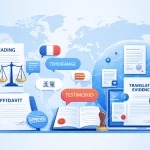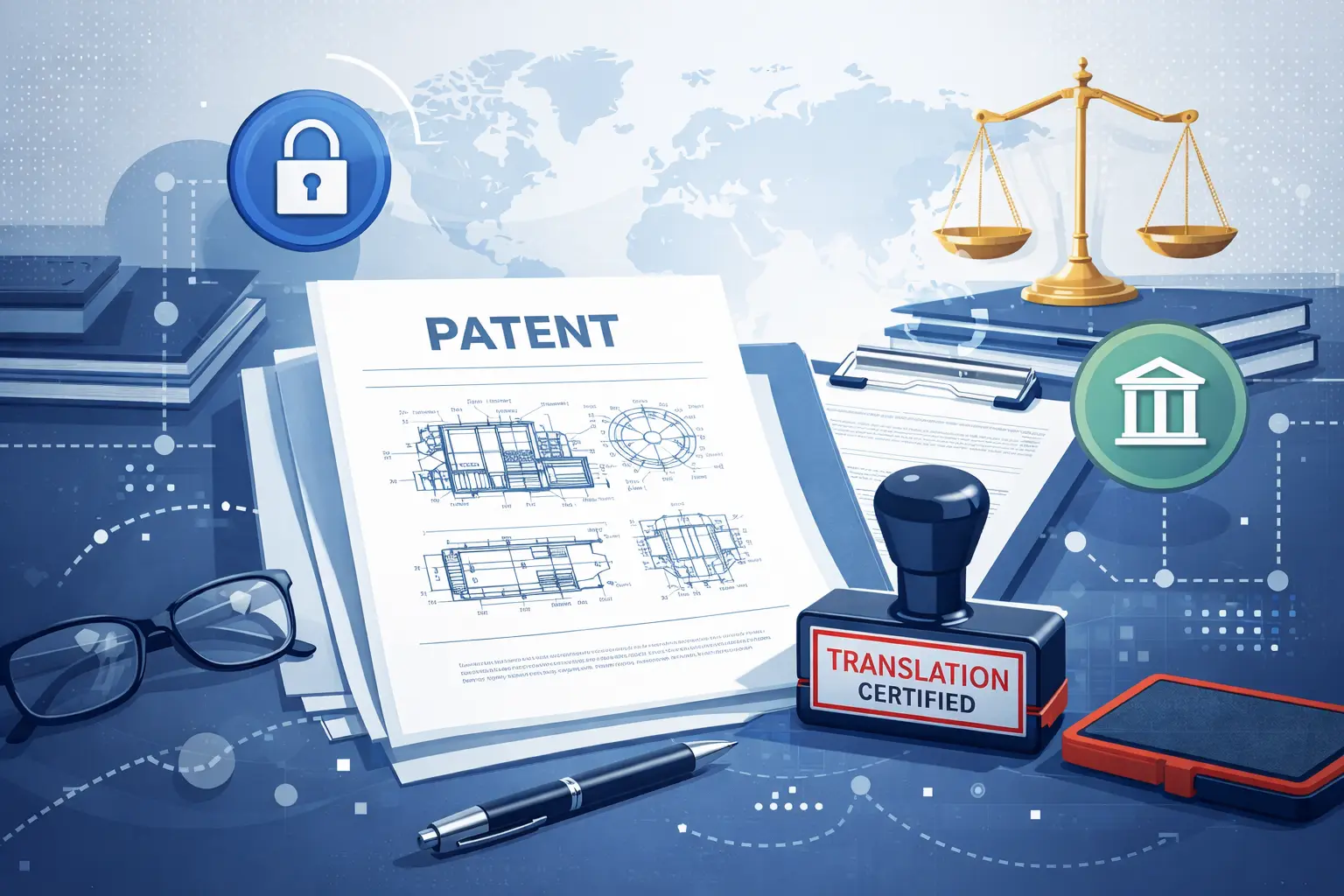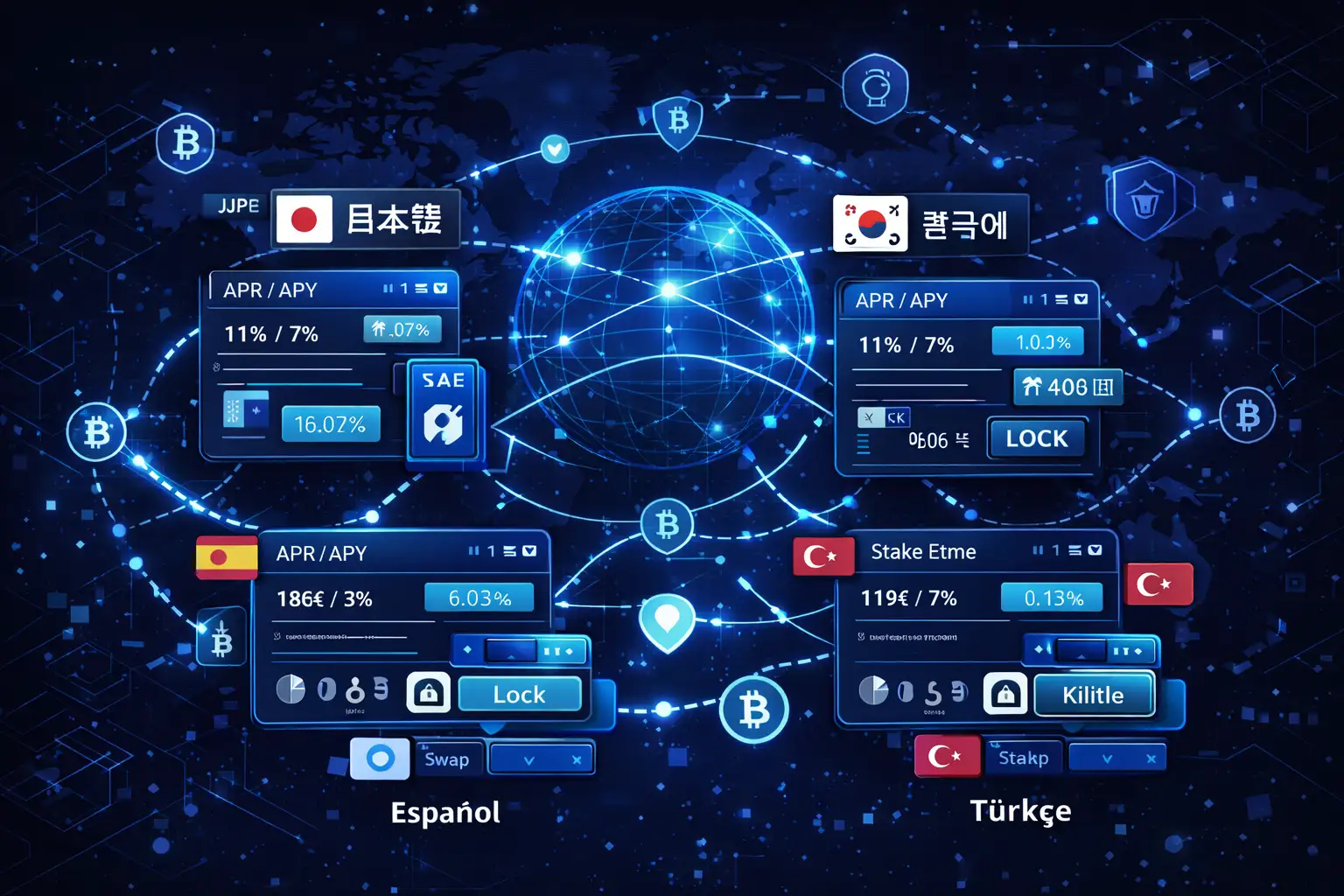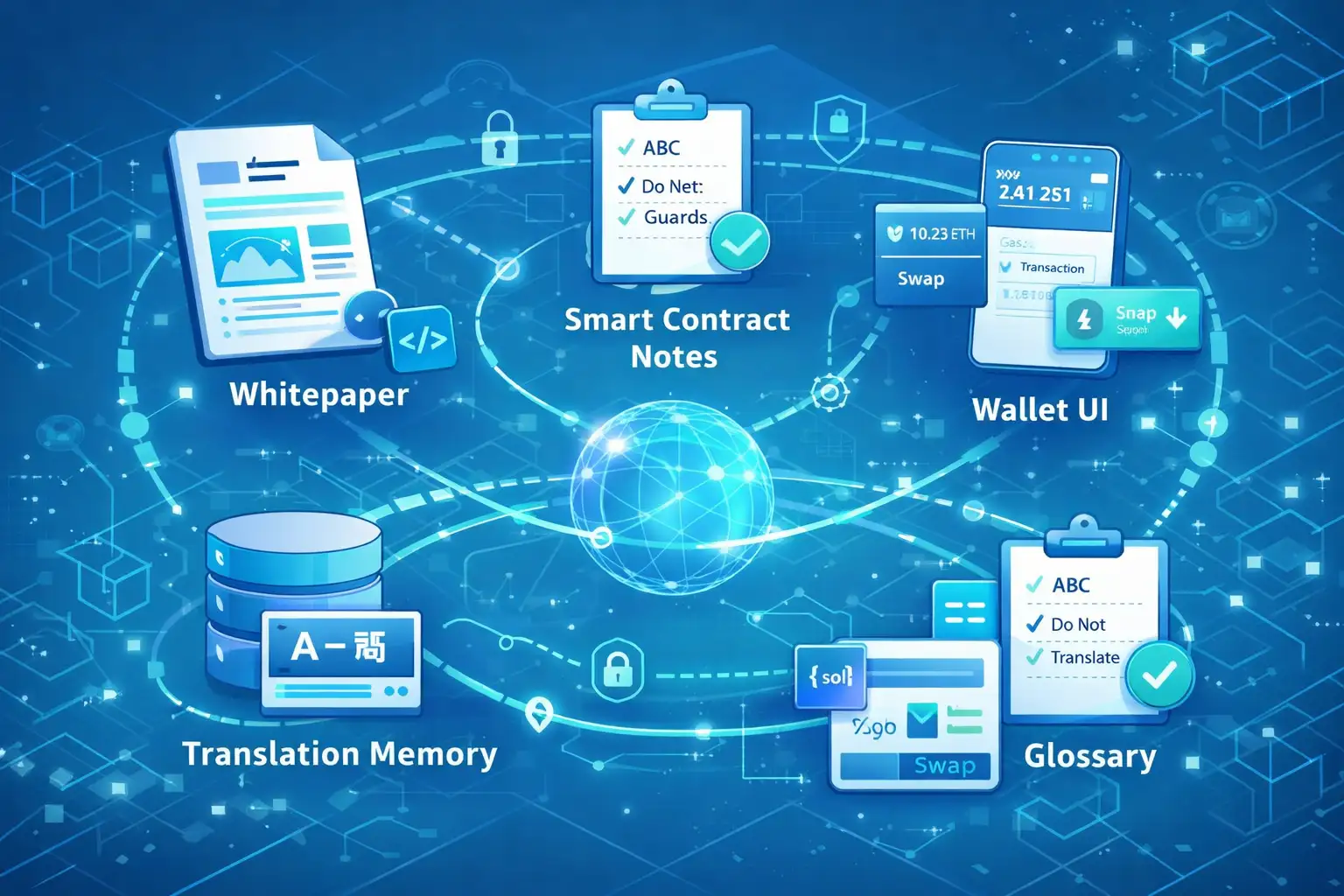If you were ever in doubt as to how globalization impacts the translation industry, look no further than global travel trends and how the tourism industry has expanded over the last few years. For years, many businesses and countries were unable to attract international travelers because they could not communicate in a language that global fun seekers could understand. However, as globalization began to break down artificial barriers, countries, conglomerates, large businesses and small businesses with an online presence saw new opportunities to expand their reach far beyond their domains.
And the results have been seismic. Today, language and translation services are now in great demand and for the first time, we now have what can best be described as a Translation Industry. Although the art of translating information from one language to another is nothing new, globalization has only served to increase the demand for translation services. And if modern trends are to be believed, translators will continue to play a significant role in how people interact across geographical lines.
The value of the Language Industry
The language industry is growing and is currently worth about $49.6 billion. And this figure is only going to grow in the coming years as many more businesses, particularly from the West, expand their reach into new territories like Africa and Far East Asia. With globalization and the internet making people more connected than ever, language service agencies are breaking down language and cultural barriers, which in turn, is leading to a more integrated planet.
One of the major globalist driving forces that is impacting the translation industry more than any other in the tourism and travel industry. This industry as of 2020 generated a global GDP value of $4.7 trillion. In the US alone, travel and tourism contributed $1.1 trillion to the US economy. This industry is very diverse and incorporates
- Hotels & Vacation Homes
- Airlines
- Restaurants
- Recreational Centers
And so much more. With globalization making some areas more accessible to travelers than ever before, businesses are going to need translators so they can communicate effectively with foreigners.
Another way to better understand how globalization impacts the translation industry as we start a new decade is to study current trends as a way of predicting future trends.
Growth of International Business
If there is anything the Covid pandemic of 2020 taught us, it is the fact that successful businesses and entrepreneurs will always look for a way to adapt even when faced with uncertain or unfavorable economic conditions. And as the global economy begins to open up, many successful businesses will continue to grow while new businesses will scale up to make up for the lost time.
With an opening economy comes the demand for goods and services. Also, people will now be able to travel at a greater rate compared to last year and the previous year. These trends will increase the demand for translation services by international businesses. And brands that localize their content or go multilingual are more than likely going to experience growth. So as businesses grow, the translation industry will follow suit.
Asian languages will be in demand
In case you didn’t know, Asia is now the epicenter of economic activity especially with the growing economic power of China. With many Western companies establishing a presence in the continent, they will need to be able to communicate with local populations so we expect to see a growing demand for Asian languages. With a population of 4.6 billion people, Asia is the most populated continent on earth. This globalist trend creates business opportunities not only for these companies but for travel translation agencies as well.
Although Mandarin is the most sought after language at the moment, other languages like Japanese, Korean, Filipino, Bangladeshi, Vietnamese and Hindi will not be far behind in this new age of globalization.
Localized AI
Artificial Intelligence (AI) is here to stay and growing. Before now, AI software and gadgets were designed to interact in English and other western languages but due to the effect of globalization, machine designers have to adapt their technology to suit the needs of international users who don’t speak Western languages.
To this end, the AI and IT industry will be hugely reliant on translation and language experts to create quality content in local languages that local populations can relate to. They will want quality so language experts will be needed more than ever before. This will only serve as a positive trend for the ever growing translation industry.
Changing consumer tastes
Business thrives on competition and experts after that the global marketplace has become more competitive than ever before. With big businesses trying to break into new markets and local businesses trying all that they can to ward off competition from international rivals, quality brand content will play a key role in influencing consumer taste. Consumers will ditch brands with poor content for those with high quality brand messaging.
Furthermore, the modern consumer will have the luxury of picking from a host of products or services offering the same value and selling at similar prices. This benefit of abundance will see many consumers dump one brand for another if they feel the other one will serve them better. How a business communicates in this decade will greatly affect its fortunes. And the translation industry will be relied upon to produce quality content to help these businesses scale.
Conclusion
In this article, we have reviewed how globalization impacts the translation industry and we have discussed global trends for the future. If you operate a business with a global presence and you want to reach local populations with localized content, you need a tested and trusted translation agency like Circle Translation. We are a Translation agency in Lithuania offering international businesses high quality multilingual content creation services that are cost effective. Feel free to contact us today for our long list of services.
Subtitles

Professional and Accurate Subtitle Services for your Videos.
- Video subtitles specifically tailor-made for improving accessibility.
- Using highly experienced subtitlers with years of industry experience.
- Professionally written and expertly timed.
Translation

We help the world’s top companies translate their content in over 73 languages!
- We localize content for internet websites, games, travel, cryptocurrencies, and more
- Expand your global audience by adding different languages.
- We work only with qualified translators and experienced content creators
Audio translation

Ensuring full accessibility for Blind and visual impaired audiences.
- Visual descriptive events as they occur in the video.
- Working with top audio describers to perfectly describe what is happening on-screen
- Professional sound recording.














